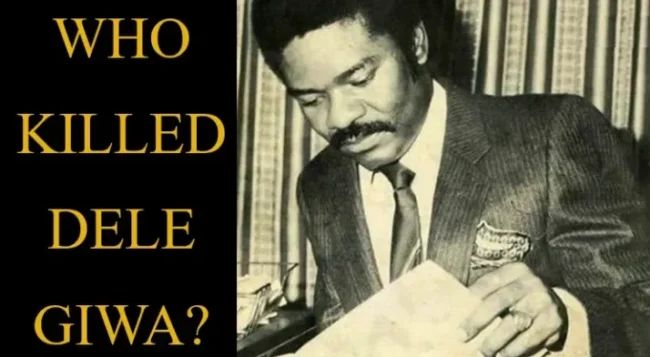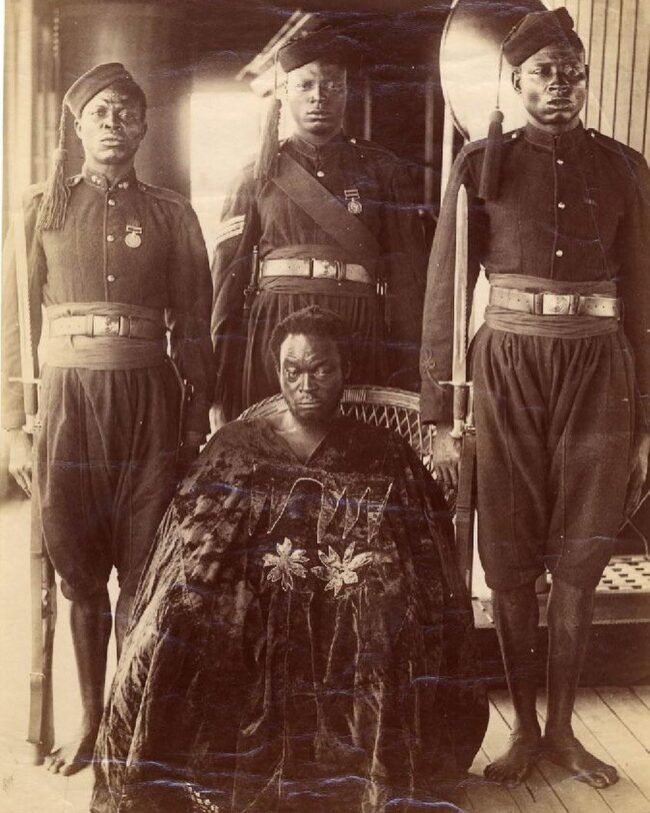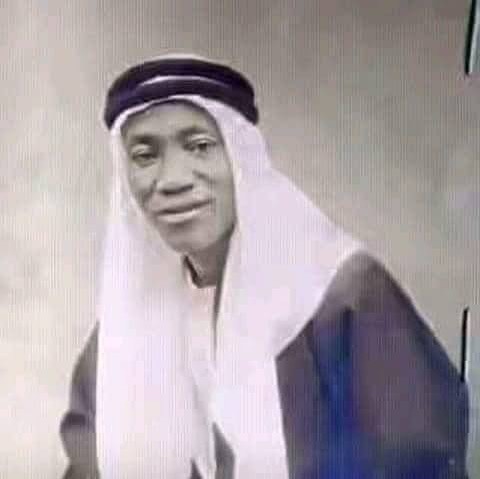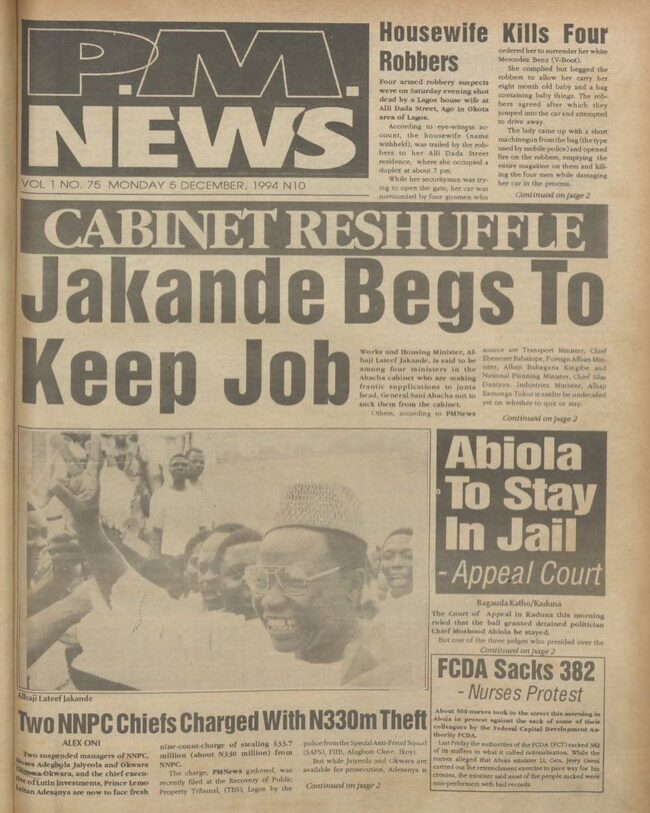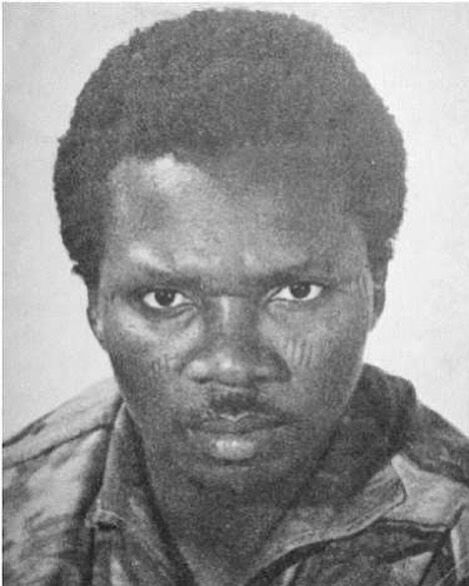“Theory Suggested that Giwa Attempted to Blackmail Babangida, Leading to his Assassination.” More Insights into the Death of Dele Giwa
Augustus Aikhomu led a news conference that was organized by the Nigerian government on October 20, the day after an explosion occurred. Foreign reporters and photographers were not permitted to attend the press conference, and all questions were to be directed “off the record” during the briefing. Ismaila Gwarzo of the SSS and Haliru Akilu talked about their recent dealings with Dele Giwa at the briefing. They talked about Akilu’s visit to Giwa’s house just before the bombing and an SSS interrogation over accusations of gun running. The circumstances surrounding Giwa’s death raised questions, especially in light of Kayode Soyinka’s testimony—she was present during the explosion but escaped unharmed. There was a lot of government meddling in spite of multiple investigations, including one by Abubakar Tsav and another by Chris Omeben of the FIIB, which made it challenging to adequately look into important individuals like Akilu and Tunde Togun. Later, Tsav stated that his inquiry was hindered and that there was proof of a conspiracy between Akilu and Togun; nonetheless, these findings went unacted upon. There were conspiracy theories that surfaced, one of which claimed that Giwa was assassinated because he had discovered evidence connecting accused drug mule Gloria Okon to prominent figures, including General Ibrahim Babangida’s wife. According to this version, Giwa tried to blackmail Babangida, which resulted in his murder. Nevertheless, Giwa’s coworkers at *Newswatch* magazine denied that Giwa and Gloria Okon were connected in any way. Gani Fawehinmi, Giwa’s attorney, tried in vain to have those guilty brought to justice, and court decisions frequently went in favor of the accused, including senior security personnel. General Babangida declined to provide testimony in 2001 in front of a national human rights panel despite the controversy. Even though the lawsuit is still open, Giwa’s influence is acknowledged—an Abuja street bears his name.

